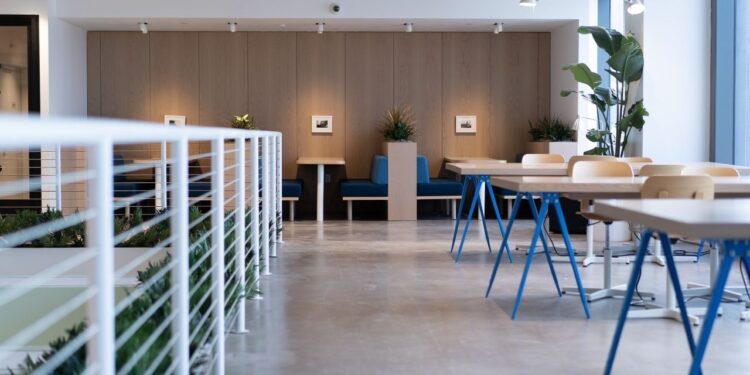Gone are the days of flexible offices being dedicated to only bright-eyed and bushy-tailed startups. Now, corporations are climbing aboard the flexibility express, and demand is skyrocketing.
However, the maturing of this industry likely means consolidation is on the horizon.
Established operators such as Industrious, IWG, and WeWork have already marked their territory, conducting numerous acquisitions this year alone.
For instance, Industrious recently acquired coworking firms Great Room Offices in Asia and Welkin & Meraki in Europe, giving the company a presence in six countries. In addition to these acquisitions, CBRE recently announced that it would invest an additional $100 million into the company.
“CBRE’s investment assures we have the capital we need in the coming years to grow on a global scale to meet current and future demand for flexible space,” said Jamie Hodari, CEO and cofounder of Industrious.
Similarly, WeWork acquired coworking firm Common Desk, allowing it to take over 23 locations across North Carolina and Texas.
Other smaller operators have merged in an effort to widen their reach and address the rising demand for flexible offices.
“If you’re trying to get corporate accounts … then scale is huge. That is the bread and butter,” said Flip Howard, founder and CEO of WorkSuites. “It’s going to be a race to see who can have the best scale.”
While there isn’t a limit to the number of mergers and acquisitions that could occur, it is clear that major operators are racing to see who has experienced the most existential growth in the last few years, and who are poised to be sustainable rather than a fleeting trend.



 Dr. Gleb Tsipursky – The Office Whisperer
Dr. Gleb Tsipursky – The Office Whisperer Nirit Cohen – WorkFutures
Nirit Cohen – WorkFutures Angela Howard – Culture Expert
Angela Howard – Culture Expert Drew Jones – Design & Innovation
Drew Jones – Design & Innovation Jonathan Price – CRE & Flex Expert
Jonathan Price – CRE & Flex Expert












